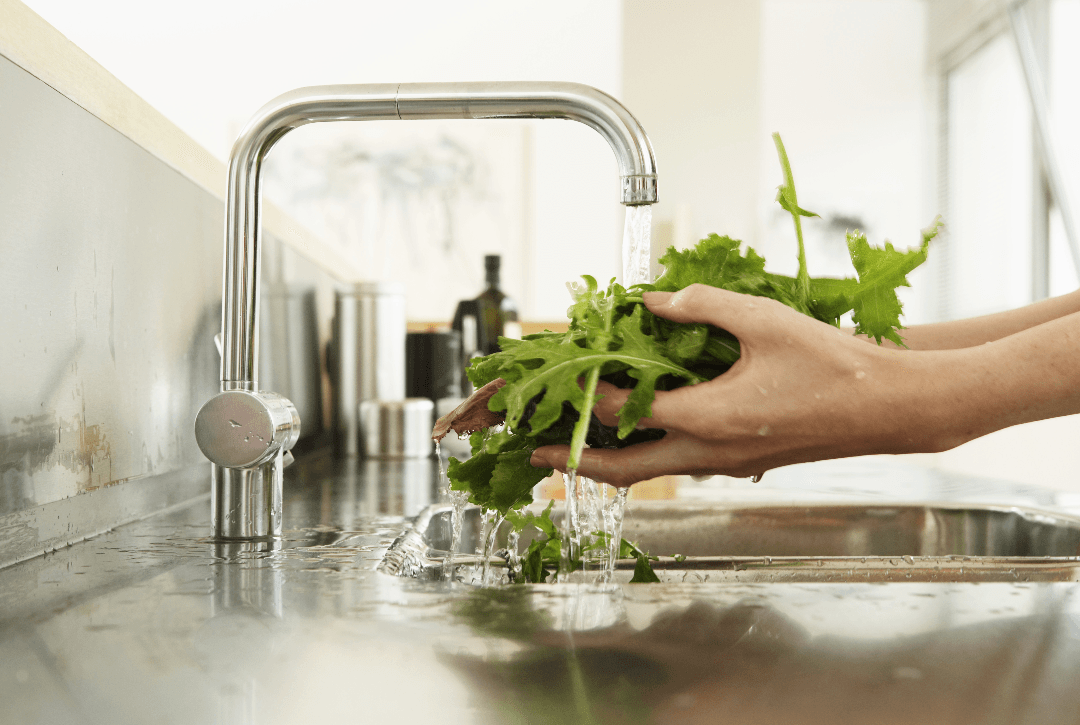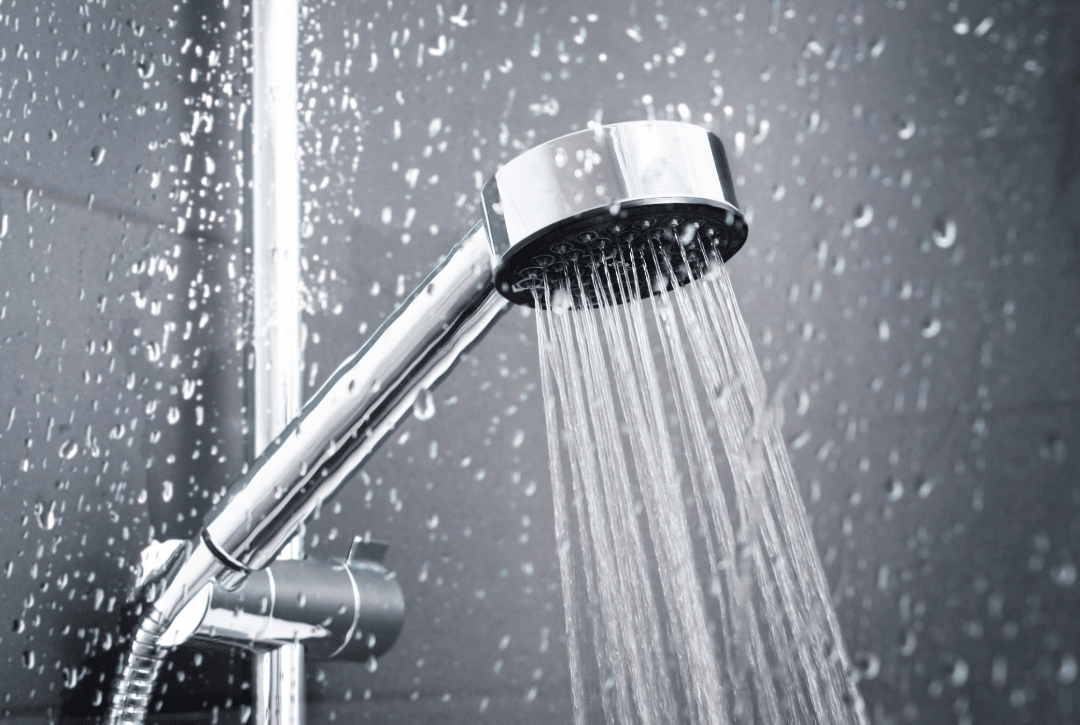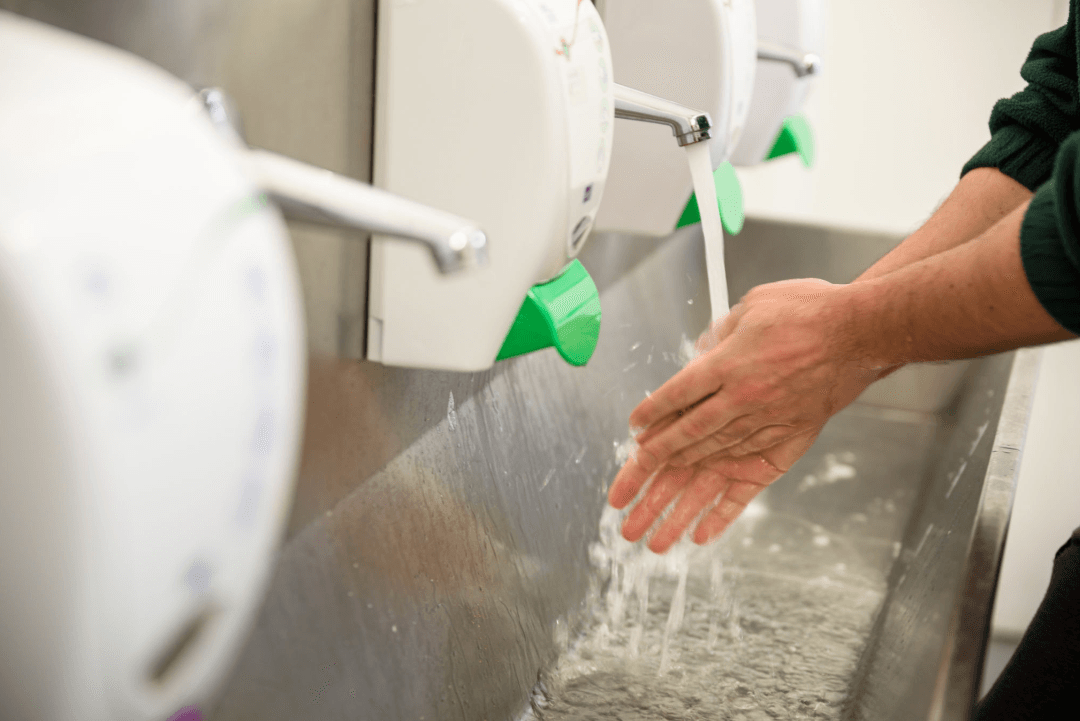In today’s world, the quality of the water we use in our homes and businesses is more important than ever. Whether for drinking, cooking, or cleaning, ensuring that our water is safe and pleasant to use is a priority. This is where a water treatment system comes into play. By installing a water treatment system, you can significantly improve the taste, quality, and safety of your water.
At Service by Scott, a family-owned and operated full-service plumbing and maintenance company in Woodville, Texas, we understand the value of clean, high-quality water. With over 30 years of experience serving Tyler County and surrounding areas, our team is fully licensed and committed to providing top-notch services. From slab leak detection and repair to commercial plumbing installations, no job is too big or too small for us. Today, we want to share the numerous benefits of installing a water treatment system in your home or business, helping you make an informed decision for better water quality.

Enhanced Taste and Odor
When it comes to water quality, taste and odor are among the most noticeable aspects. Unpleasant tastes and smells can make drinking water a chore rather than a refreshing experience. Installing a water treatment system can address these issues effectively, providing you with clean, great-tasting water straight from your tap.
Removal of Chlorine and Other Chemicals
One of the primary benefits of a water treatment system is its ability to remove chlorine and other chemicals commonly found in municipal water supplies. Chlorine is often used to disinfect water, but it can leave an unpleasant taste and odor. A high-quality water treatment system utilizes filtration processes that eliminate chlorine, ensuring your water is free from its harsh taste and smell. This not only makes your drinking water more enjoyable but also enhances the flavor of foods and beverages prepared with water.
Additionally, water treatment systems can remove other chemicals and impurities such as pesticides, herbicides, and industrial solvents. These contaminants can affect the taste and safety of your water. By filtering them out, a water treatment system ensures that the water you consume is pure and safe, free from harmful substances that can compromise your health and well-being.
Elimination of Contaminants
Beyond chlorine, many water supplies contain various contaminants that can affect taste and odor. Metals like lead and copper, as well as organic compounds, can impart an unpleasant taste and musty odor to water. Water treatment systems are designed to target and remove these contaminants through advanced filtration techniques.
For example, activated carbon filters effectively remove organic compounds and metals, while reverse osmosis systems can eliminate even the smallest particles. By addressing these impurities, a water treatment system ensures your water is safe to drink and tastes fresh and clean. This improvement in taste and odor can make a significant difference in your daily water consumption habits, encouraging you and your family to stay hydrated with high-quality water.
Health Benefits
The quality of the water you consume directly impacts your health. A water treatment system not only improves the taste and odor of your water but also offers significant health benefits. By removing harmful contaminants, these systems ensure that your water is safe for drinking, cooking, and other household uses.
Reduction of Harmful Substances
Municipal water supplies, while generally safe, can still contain various harmful substances. Contaminants like lead, arsenic, nitrates, and even bacteria can sometimes be present in tap water. A water treatment system effectively reduces or eliminates these substances, providing cleaner, safer water. This reduction in contaminants can impact your health, lowering the risk of exposure to potentially dangerous elements that can lead to long-term health issues.
For instance, lead exposure is particularly harmful, especially for young children, and can result in developmental problems and other serious health conditions. By installing a water treatment system, you can ensure that your water is free from such hazardous contaminants, offering peace of mind and better health for your family.
Prevention of Waterborne Diseases
Waterborne diseases are a significant concern, particularly in areas where water quality might be compromised. Bacteria, viruses, and parasites can all be present in untreated or poorly treated water, leading to illnesses such as giardia, cryptosporidiosis, and cholera. A water treatment system employs various filtration and purification methods to eliminate these pathogens, ensuring your water is clean and safe to drink.
Advanced treatment systems use technologies like ultraviolet (UV) light and reverse osmosis to kill or remove these microorganisms. This level of protection is crucial for maintaining good health, especially for vulnerable populations such as children, the elderly, and those with compromised immune systems. Investing in a water treatment system can prevent the spread of waterborne diseases and promote a healthier living environment.

Cost Savings
Investing in a water treatment system can lead to significant cost savings over time. While there is an initial investment, the long-term financial benefits can outweigh the upfront costs. These savings come from various sources, including lower utility bills and reduced need for plumbing repairs.
Lower Utility Bills
A water treatment system can help reduce your utility bills by improving the efficiency of your water usage. When water is free of minerals and impurities, it heats up more quickly and requires less energy to be pumped and treated. This efficiency translates into lower energy costs for heating water, which can be a substantial part of your utility expenses.
Moreover, appliances such as dishwashers, washing machines, and water heaters operate more efficiently with treated water. Hard water, which contains high levels of calcium and magnesium, can cause scale buildup in these appliances, making them work harder and use more energy. A water treatment system can prevent this buildup, reduce energy consumption, and save money on utility bills.
Reduced Plumbing Repairs
Hard water can also cause significant wear and tear on your plumbing system. The minerals in hard water can accumulate inside pipes, leading to clogs and corrosion. Over time, this can result in reduced water flow and increased pressure on your plumbing, eventually causing leaks and other issues that require costly repairs.
A water treatment system helps to mitigate these problems by removing the minerals that cause scale buildup. With treated water, your plumbing system remains cleaner and operates more smoothly, reducing the likelihood of expensive repairs. Additionally, the longevity of your plumbing fixtures and appliances is extended, as they are not subjected to the damaging effects of hard water. This saves you money on repairs and replacement costs for appliances and fixtures that would otherwise wear out prematurely.
Environmental Impact
Installing a water treatment system not only benefits your health and finances but also has a positive impact on the environment. By reducing your reliance on bottled water and minimizing water waste, you can contribute to a more sustainable and eco-friendly lifestyle.
Decreased Use of Plastic Bottles
One of the most significant environmental benefits of a water treatment system is the reduction in the use of plastic bottles. Many people turn to bottled water to avoid the unpleasant taste or perceived safety issues of tap water. However, this leads to the consumption of vast amounts of single-use plastic bottles, which contribute to environmental pollution.
By using a water treatment system, you can enjoy clean, great-tasting water straight from your tap, eliminating the need for bottled water. This reduces plastic waste and lowers the demand for plastic production, which involves significant energy and resources. Making the switch to treated tap water is a simple yet effective way to reduce your environmental footprint and promote sustainability.
Reduction in Water Waste
Water treatment systems can also help reduce water waste. Certain systems, such as reverse osmosis, are designed to be more water-efficient than traditional methods. These systems can recover and reuse water that would otherwise be wasted, ensuring that more of the water you use is put to good use.
Additionally, by preventing scale buildup and corrosion in your plumbing, a water treatment system can help maintain the efficiency of your water fixtures and appliances. This means less water is wasted due to leaks or inefficient operation. Over time, these small savings can add up, making a significant difference in your household’s overall water consumption and contributing to the conservation of this vital resource.

Improved Appliance Lifespan
In addition to the health and environmental benefits, installing a water treatment system can also extend the lifespan of your household appliances. The minerals and impurities present in hard water can cause significant damage to appliances over time. By using treated water, you can protect your investment in these appliances and ensure they continue to operate efficiently for years to come.
Protection Against Scale Build-up
One of the primary culprits behind appliance damage is scale build-up caused by hard water. When water containing high levels of calcium and magnesium is heated, these minerals form scale deposits on the surfaces of appliances such as water heaters, dishwashers, and washing machines. Over time, this scale can reduce the efficiency of these appliances and lead to costly repairs or replacements.
A water treatment system helps prevent scale build-up by removing the minerals responsible for its formation. By treating the water before it enters your appliances, you can avoid the accumulation of scale and keep them running smoothly. This not only extends the lifespan of your appliances but also improves their efficiency, leading to lower energy costs and a reduced environmental impact.
Better Efficiency of Water-Using Appliances
In addition to protecting against scale build-up, treated water also improves the efficiency of water-using appliances. Appliances such as dishwashers and washing machines operate more effectively with treated water, as they are not hampered by the presence of minerals and impurities. This means shorter wash cycles, cleaner dishes and clothes, and less strain on the appliance’s components.
By using treated water, you can maximize the performance of your appliances and minimize the risk of breakdowns or malfunctions. This can save you money on repairs and replacements, and ensure your household runs smoothly and efficiently. Investing in a water treatment system is a smart choice for protecting your appliances and maintaining a comfortable and convenient living environment.

Commercial Benefits
For businesses, ensuring high-quality water is not just about providing a pleasant experience for customers and employees—it’s also about meeting health and safety standards and maintaining operational efficiency. Installing a water treatment system can offer numerous benefits for commercial establishments, ranging from compliance with regulations to enhanced customer satisfaction.
Compliance with Health Regulations
In many industries, such as food service and hospitality, businesses must meet strict health and safety regulations regarding the water they use. A water treatment system can help businesses ensure compliance with these regulations by providing clean, safe water that meets or exceeds regulatory standards. By investing in a water treatment system, businesses can avoid fines, penalties, and reputational damage associated with non-compliance.
Moreover, businesses in certain industries, such as healthcare and pharmaceuticals, have even higher standards for water quality due to the critical nature of their operations. A water treatment system can help these businesses maintain the purity and consistency of their water supply, ensuring the safety of their products and services.
Enhanced Customer Satisfaction
Providing high-quality water can enhance the overall customer experience and satisfaction. Whether it’s a restaurant serving delicious meals or a hotel offering luxurious amenities, businesses that offer clean, great-tasting water can leave a positive impression on customers. With a water treatment system, businesses can ensure that every glass of water served meets the highest standards of quality and taste, enhancing customer satisfaction and loyalty.
Additionally, businesses that rely on water for various processes, such as manufacturing or cleaning, can benefit from the improved efficiency and performance of using treated water. By minimizing downtime and maximizing productivity, businesses can achieve better results and maintain a competitive edge in their respective industries. Investing in a water treatment system is not just a matter of regulatory compliance—it’s a strategic decision that can positively impact the bottom line.
Conclusion
In conclusion, installing a water treatment system offers a multitude of benefits for both residential and commercial properties. From enhancing the taste and odor of water to improving health, saving costs, and reducing environmental impact, the advantages are undeniable. By investing in a water treatment system, you can enjoy clean, safe water straight from your tap, while also extending the lifespan of your appliances and contributing to a more sustainable future.
At Service by Scott, we understand the importance of clean water and its impact on your daily life. With over 30 years of experience serving Tyler County, Texas, and surrounding areas, our team is dedicated to providing top-notch plumbing services, including water treatment system installation and maintenance. Whether you’re looking to improve the quality of your home’s water or ensure compliance with health regulations for your business, we’re here to help.
Contact Service by Scott today to learn more about our water treatment solutions and take the first step towards enjoying the many benefits of clean, great-tasting water. Let us help you make a positive change for your health, finances, and the environment.
FAQ
What is a water treatment system and how does it work?
A water treatment system is a filtration and purification system designed to remove impurities and contaminants from water. It works by passing water through various filtration media, such as activated carbon or reverse osmosis membranes, to remove particles, chemicals, and microorganisms.
How often should a water treatment system be serviced?
The frequency of servicing depends on the type of system and the water quality in your area. Generally, it’s recommended to have your water treatment system serviced annually to ensure optimal performance and efficiency. However, if you notice any changes in water quality or system performance, it’s best to contact a professional for inspection and maintenance.
Are there different types of water treatment systems?
Yes, there are various types of water treatment systems available, including activated carbon filters, reverse osmosis systems, UV disinfection systems, and water softeners. Each type of system has its own set of advantages and is designed to target specific contaminants or impurities in water.
How much does it typically cost to install a water treatment system?
The cost of installing a water treatment system can vary depending on factors such as the type of system, the size of your property, and any additional features or upgrades. On average, homeowners can expect to pay anywhere from a few hundred to several thousand dollars for installation. It’s best to consult with a professional plumber to get an accurate estimate based on your specific needs and circumstances.
Can a water treatment system remove all contaminants from water?
While water treatment systems are highly effective at removing a wide range of contaminants, no system can guarantee 100% removal of all impurities. However, advanced systems like reverse osmosis can remove up to 99% of contaminants, including bacteria, viruses, and chemicals. It’s essential to choose a system that is appropriate for your water quality and specific needs.

